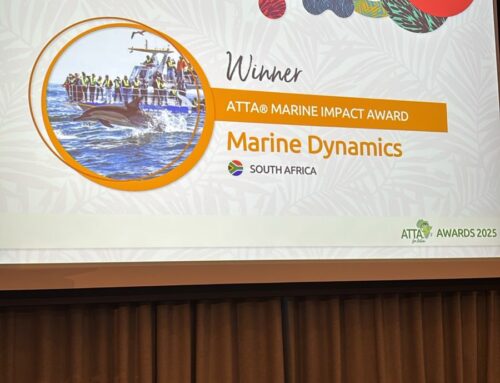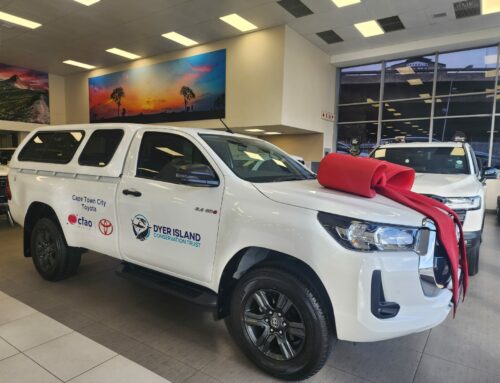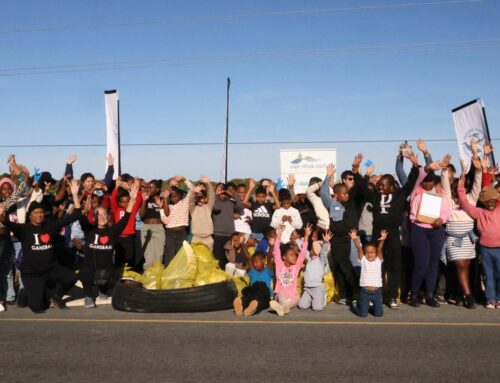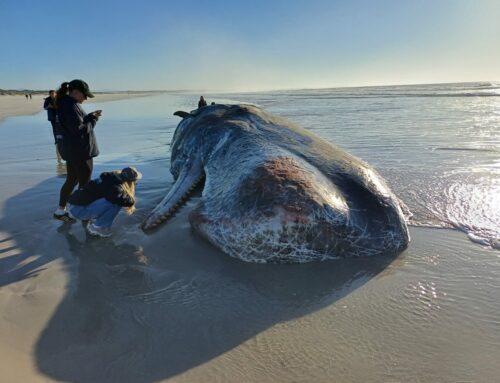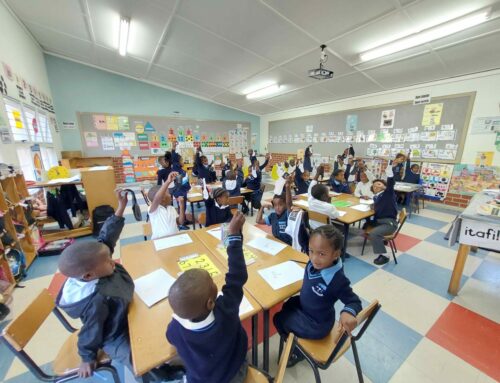We arrived at our destination, Potberg, which is part of the Greater De Hoop Nature Reserve Complex in the Overberg region. The camp far exceeded the kids’ expectations, looking truly amazing. We were warmly greeted by the friendly staff of CapeNature.
The Dyer Island Conservation Trust has long been involved with local school groups. In 2016, the Dyer Island Conservation Trust Environmental Education Programme, known as DEEP Blue Ambassadors, was launched with just 13 learners. Since then, it has grown to over 100 learners who have participated in the program. The initial group has now completed matric, and some are currently enrolled in university. DEEP envisions that environmental education should reach all children, ensuring that the ethos of conservation and respect for nature becomes second nature to them. This program runs for three consecutive years to monitor and evaluate the impact and growth of each individual learner. The aim is to expose these young learners to the fields of science and conservation, helping them realize that with continued education, they can achieve anything they set their minds to.
The first-ever collaborative DEEP camp took place over the weekend of March 22nd to 24th, with our group of 47 learners from Masakhane Primary School and Gansbaai Academia being hosted at Potberg Eco-Venue by CapeNature and the Western Cape Education Department’s Safe Schools. The learners enjoyed fun-filled educational games to celebrate World Water Day on March 22nd, a visit to the Cape Vulture colony, and marine awareness activities at Koppie Alleen Beach to conclude the camp.
Phunyuzwa Xhegwana, a Stakeholder Engagement Officer at CapeNature, said, “Water conservation awareness was successfully raised, young lives were impacted, and partnerships were strengthened at this year’s holiday program camp.”
Eyethu Makeke, a teacher at Gansbaai Academia, commented, “The camp we attended over the weekend was truly exceptional, offering enriched experiences and fostering strong bonds among all participants. Its well-planned activities and supportive coordinators created a memorable and enjoyable environment for everyone involved. I would like to extend my thanks to Pinkey Ngewu and her team.”
Leon Myburgh of the Overberg District School Safety & Youth Development stated, “Youth Development has become a core area of the partnership formed between DICT, CapeNature, and the Overberg Education District (Sub-component Safe Schools) to reach learners through various programs. The programs conducted over the past weekend had a significant impact in numerous ways, adding to the creation of future ambassadors who will take leadership roles in projects within their communities. As a facilitator, I learned a great deal from the students taking ownership of all aspects of the programs and their willingness to participate in group activities. As the late Nelson Mandela said, ‘Education is the most powerful weapon we can use to change the world.’ The most inspiring aspect of our late former president’s quote is that education should be ongoing regardless of age. I extend my heartfelt gratitude to every student and facilitator who participated in the weekend, from whom I could have learned even more.”
Maureen Abrahams, a community member, shared, “For me, the camp was a great learning experience because I did things I never thought I would do in life. My highlight of the weekend was the hiking experience to the Cape Vulture colony. It feels like a dream, and I feel blessed and very excited because I completed the hike. The camp helped me step out of my comfort zone.”
Ayanda Ntsewula, a DEEP Blue Alumni, expressed, “The camp was very educational as I got to learn more about Fynbos and the different adaptations of Fynbos plants. The most important lesson was about the importance of saving water as we celebrated National Water Week. It made me appreciate nature more.”
Philasande Crouch, one of the DEEP Blue Ambassadors, said, “It was a refreshing experience, and meeting new people was something I hadn’t done in a long time. Being able to do activities with my peers allowed me to connect with them.”
A special thanks to our sponsors, Marine Dynamics, CapeNature, the Western Cape Education Department’s Safe Schools, and all the DEEP sponsors, for making this life-changing experience possible for these kids. We would also like to express our gratitude to our community ladies who joined the camp to cook for the kids, the school principals for entrusting the Dyer Island Conservation Trust with the learners, and lastly, Twin D Bus Services for transporting the learners.
You can support the DEEP Blue Ambassador Programme through the website link below:
https://dict.org.za/dict-projects/education/
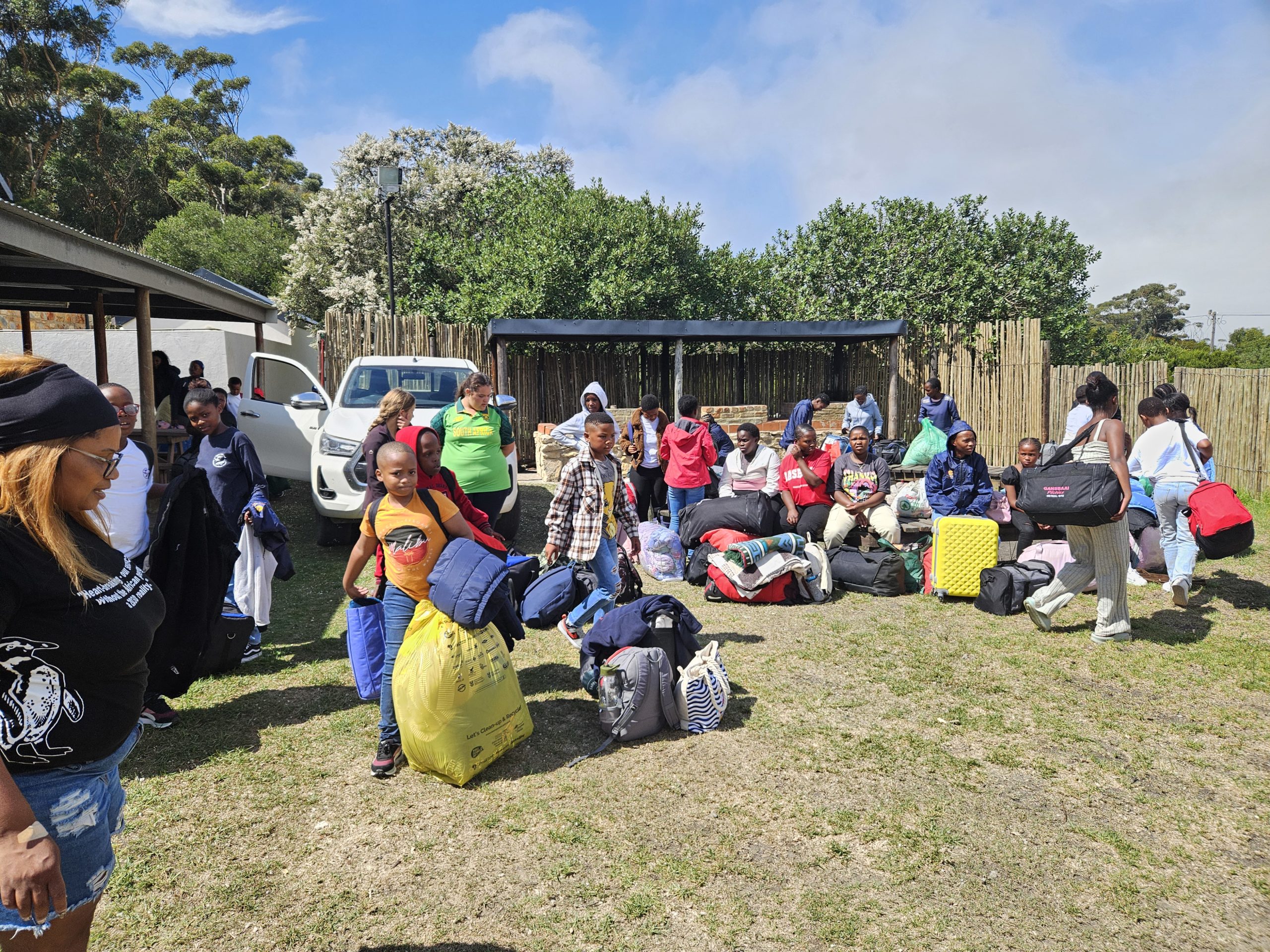 Arrival at Potberg Eco-Venue
Arrival at Potberg Eco-Venue
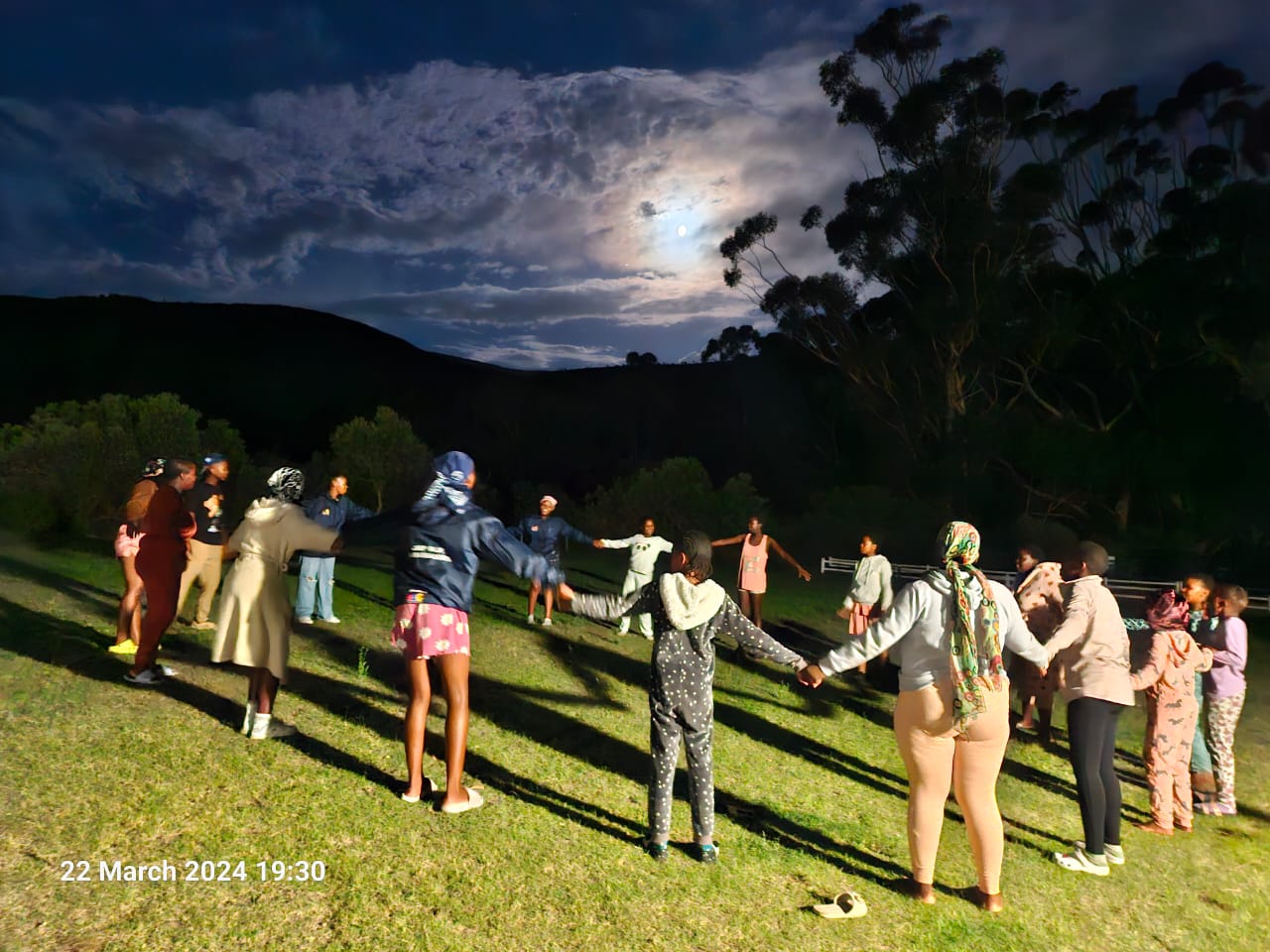
Day 1 night activity
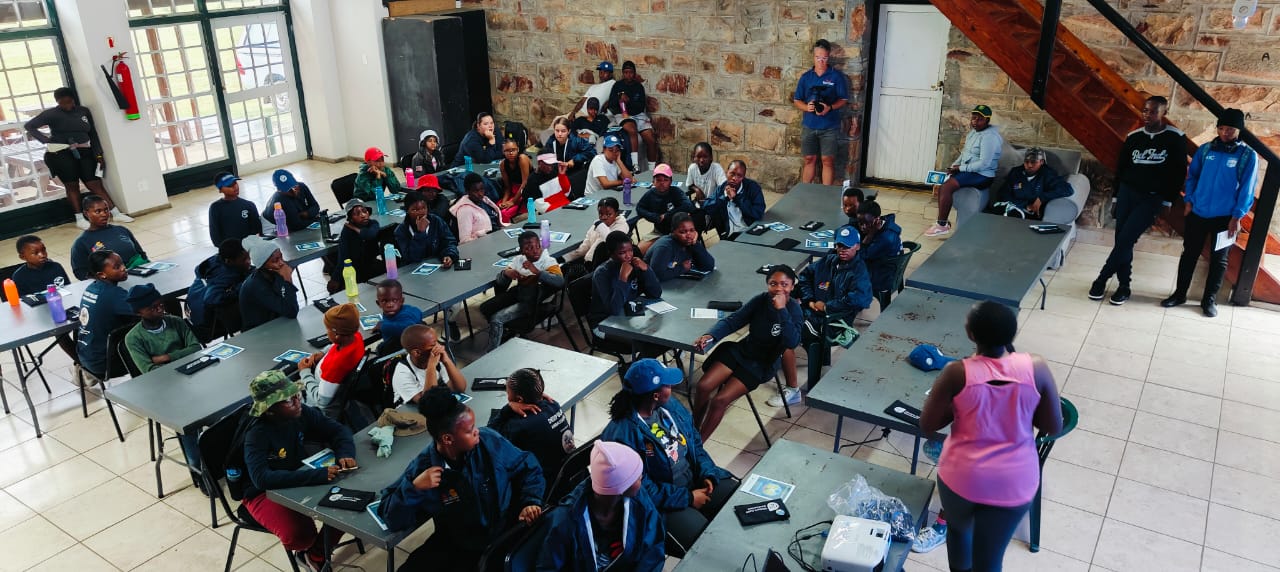
Indoor Session – Water Awareness lesson with Phunyuzwa Xhegwana
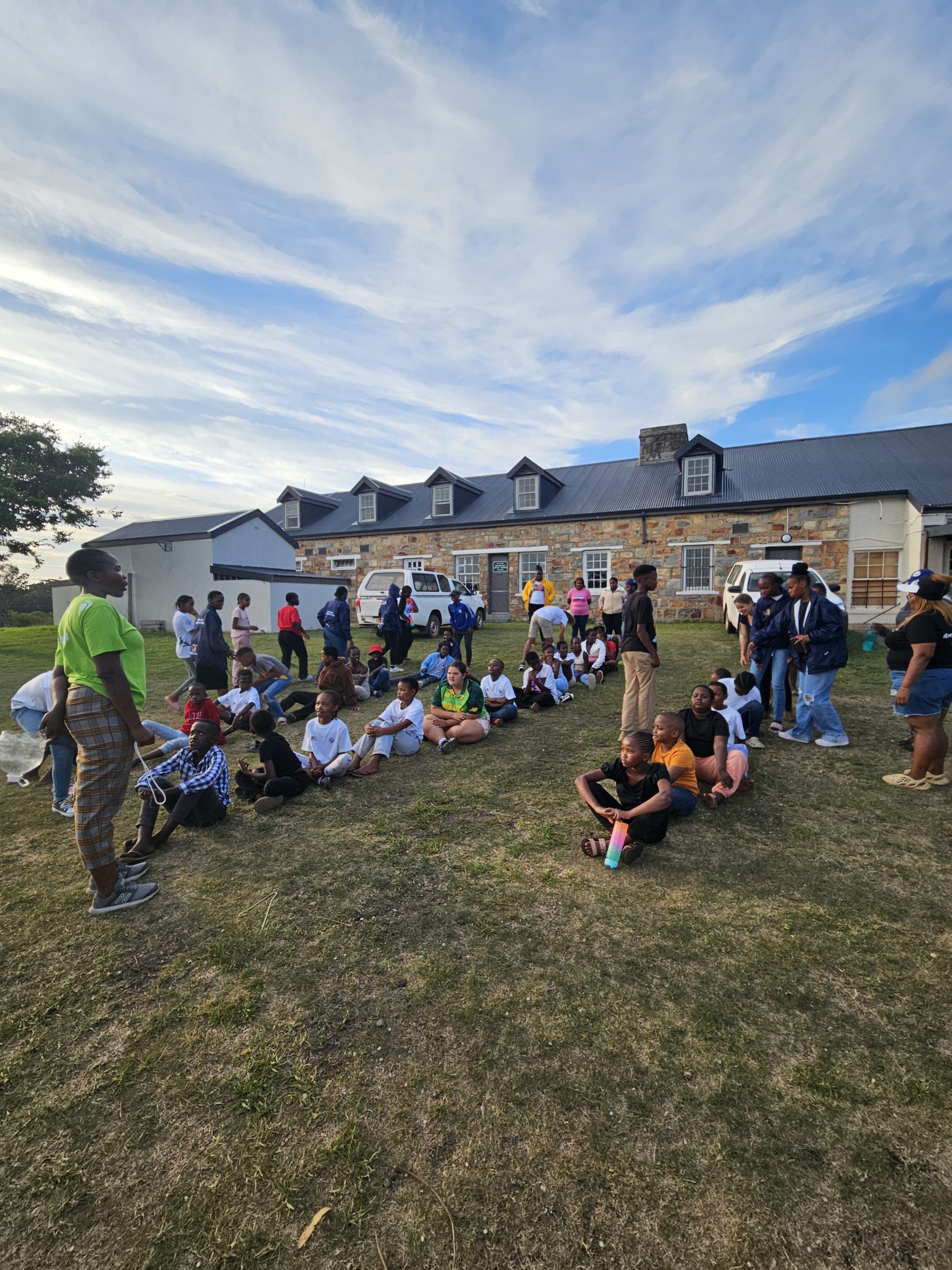
Game time with Phunyuzwa Xhegwana of CapeNature
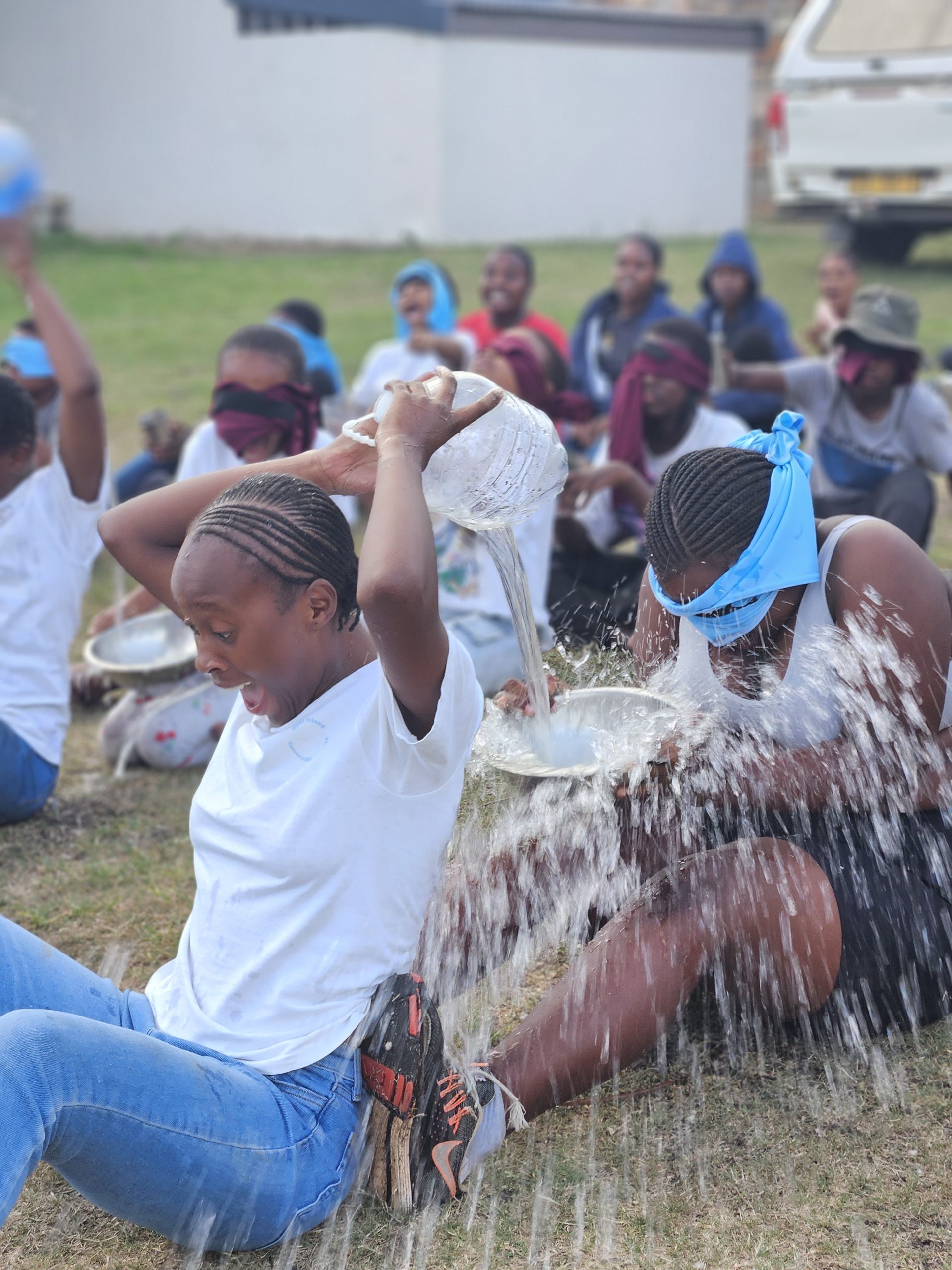
Fun time while learning about Water conservation
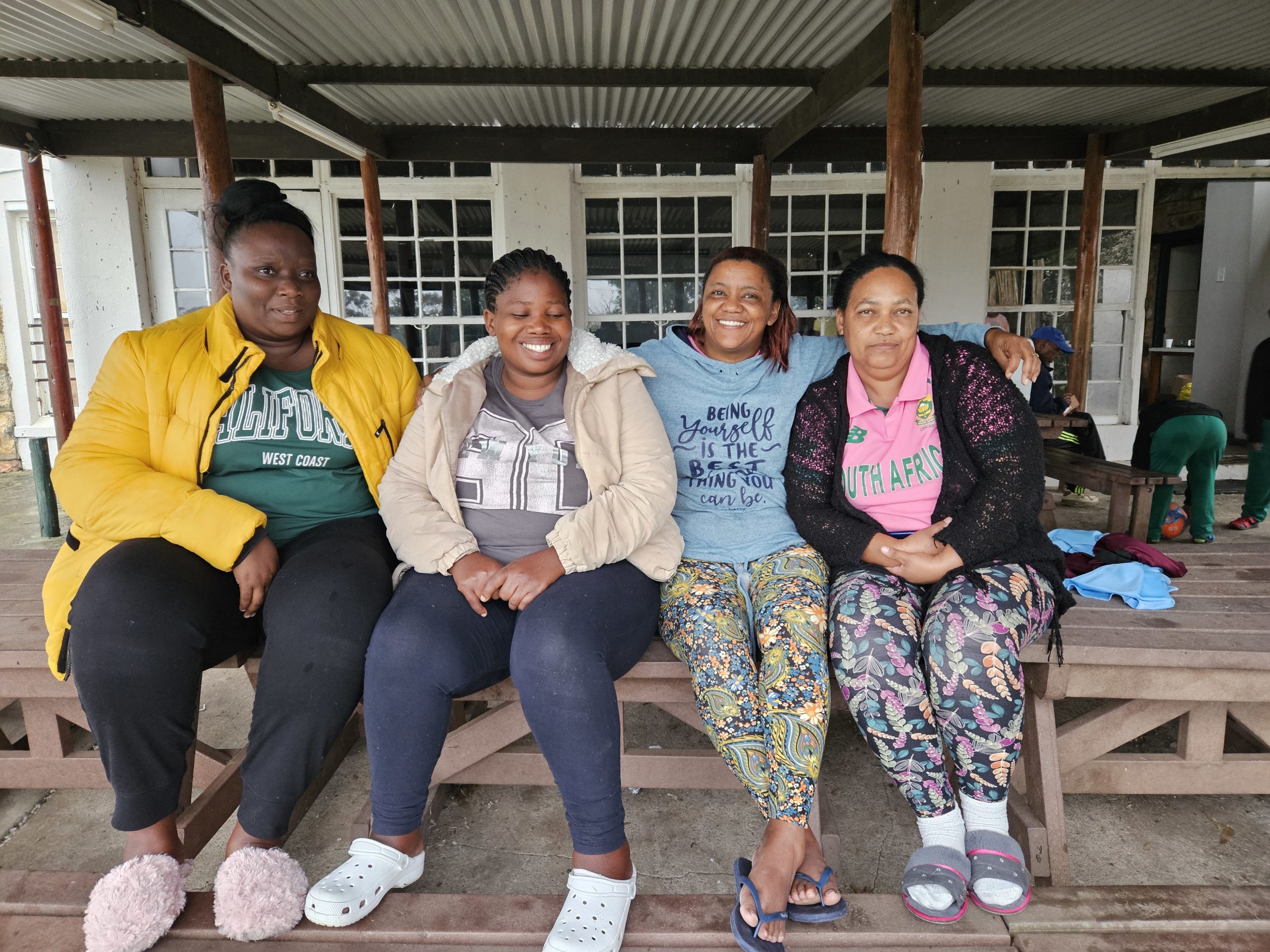
Our cooks for the weekend – From left Yamkela Qubu, Khayakazi Mthelekiso, Maureen Abrahams and Bertie Williams
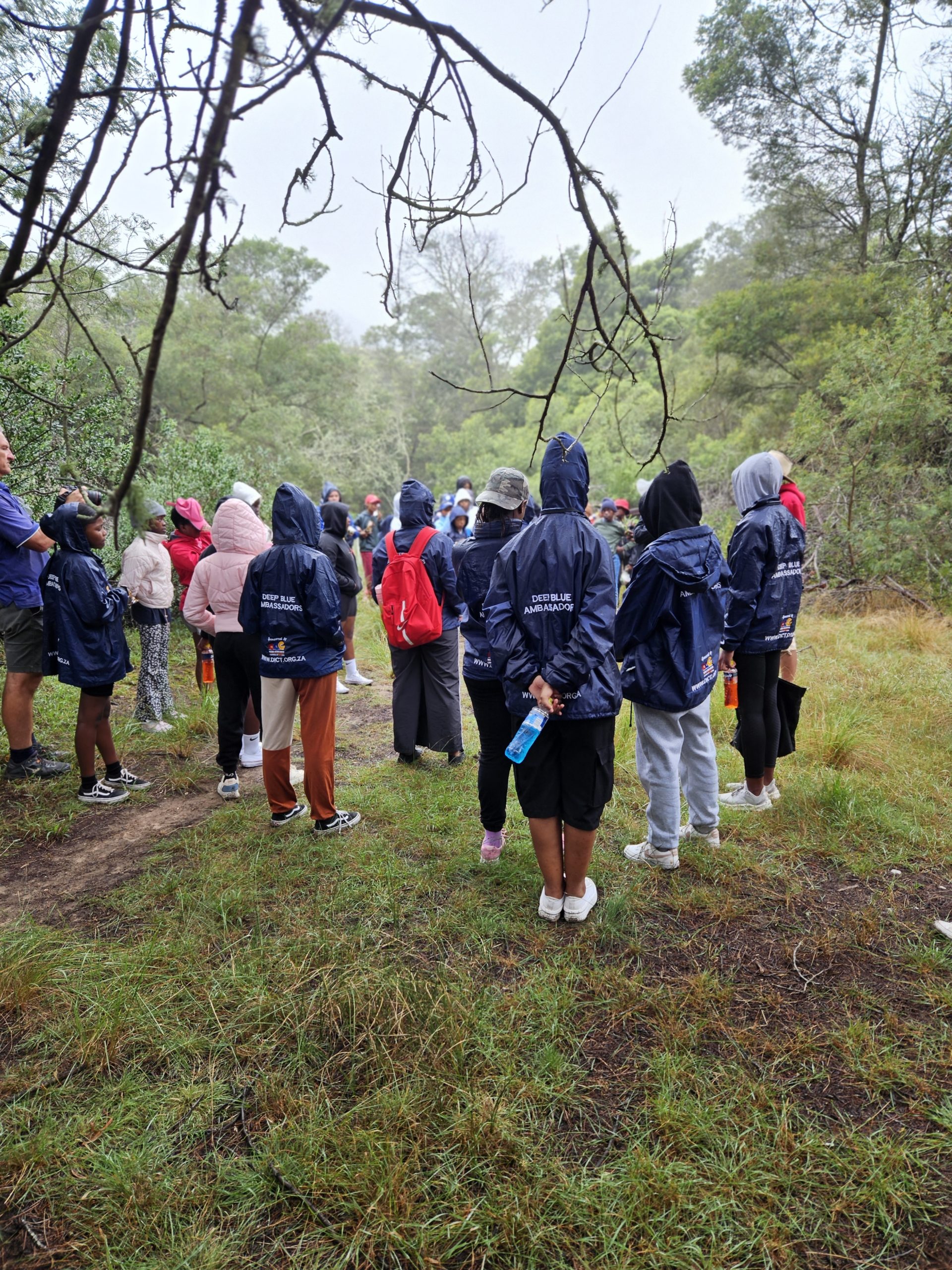
Getting ready for the hike
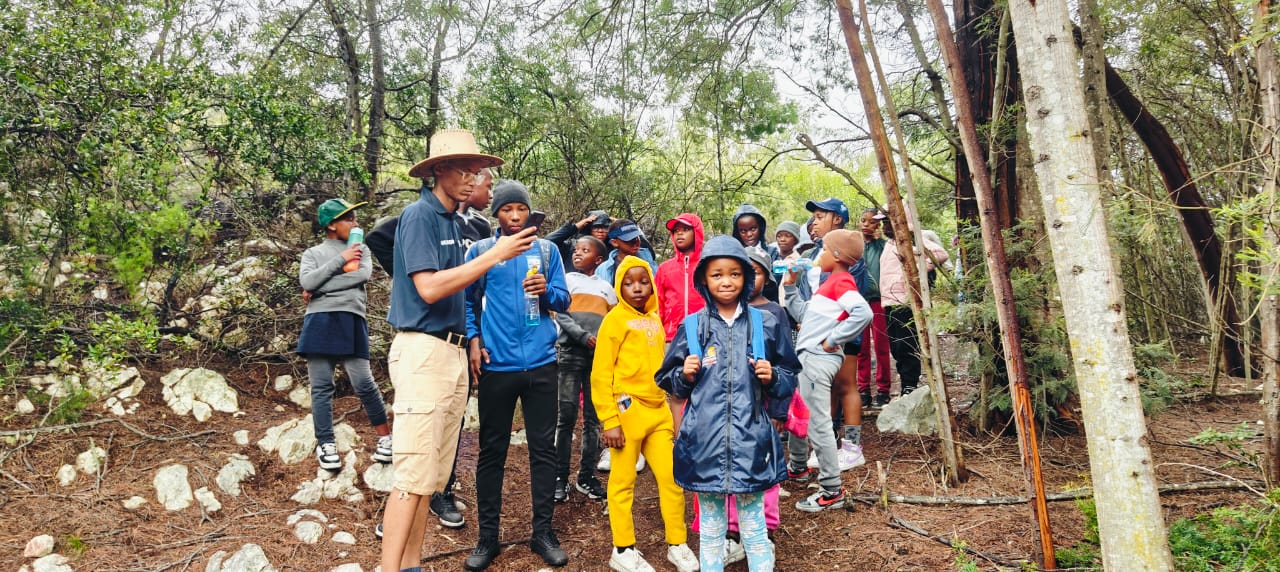
Leon Myburgh from WCED Safe Schools addressing learners about safety on the hiking trail
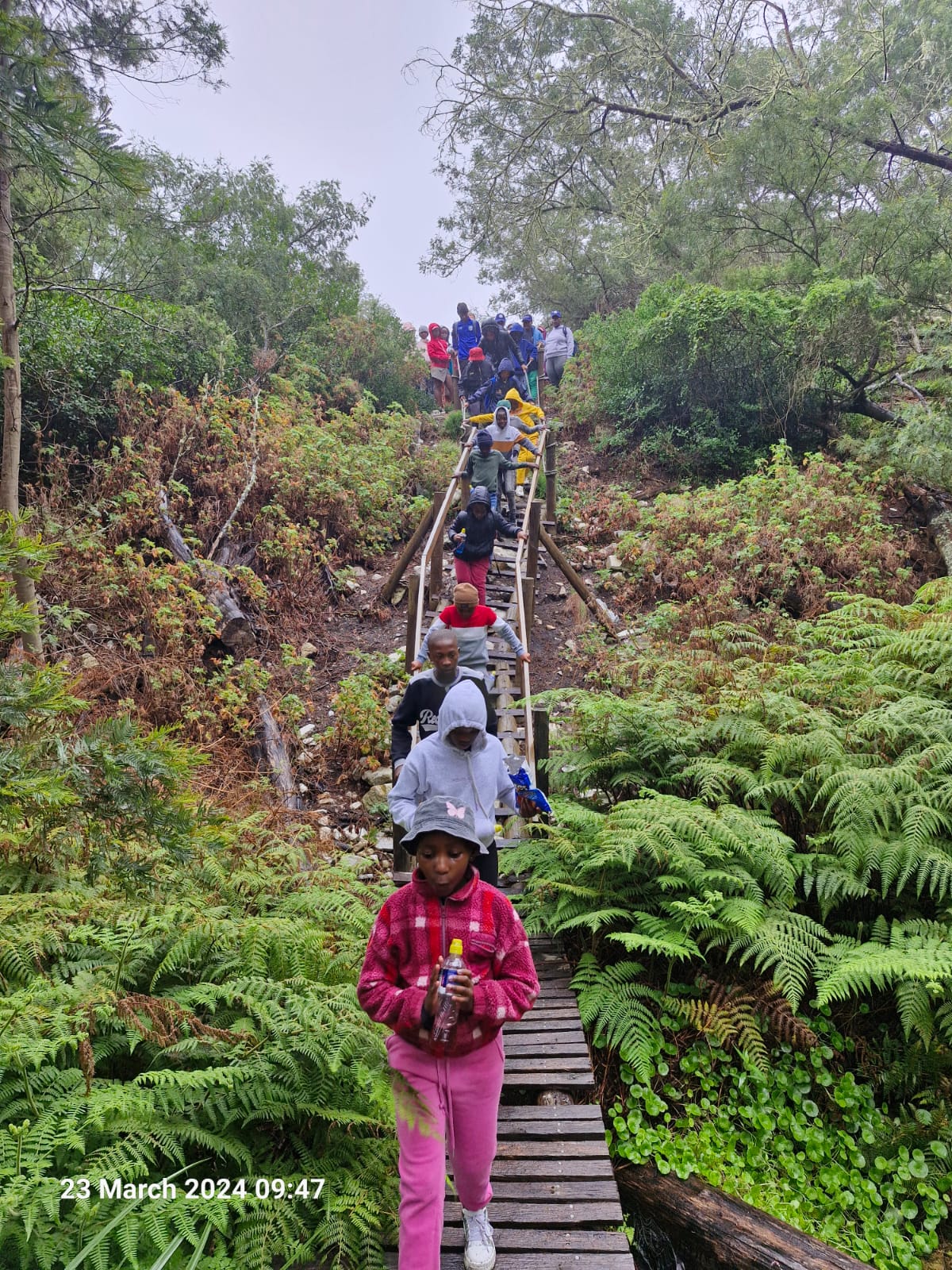
Let the hike begin
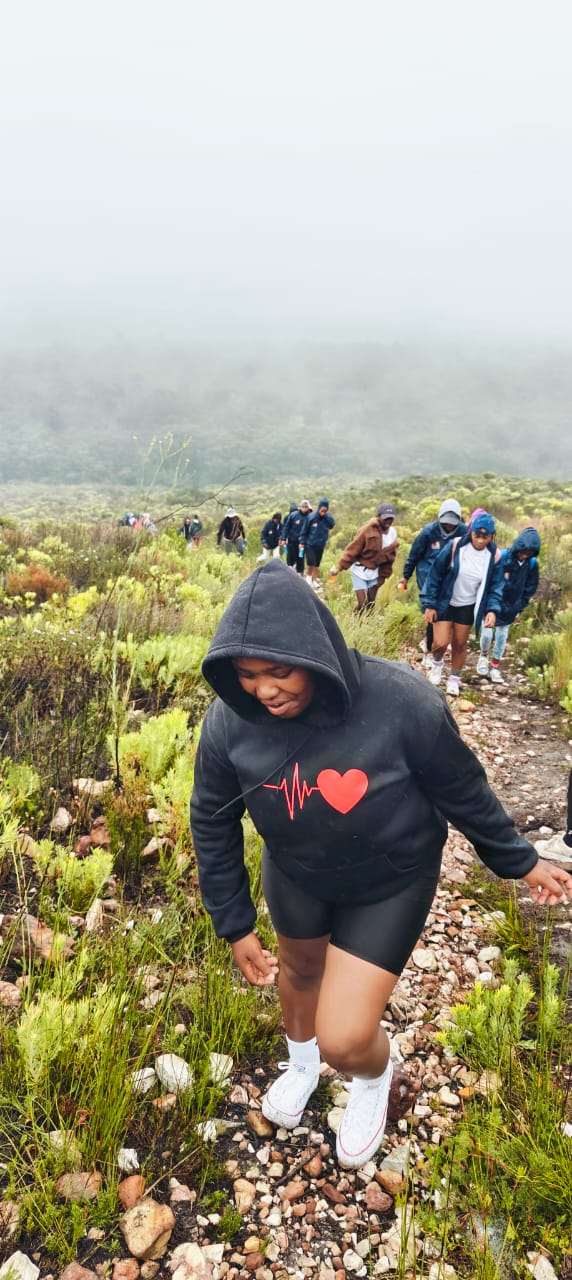
It wasn’t easy but was worth every step
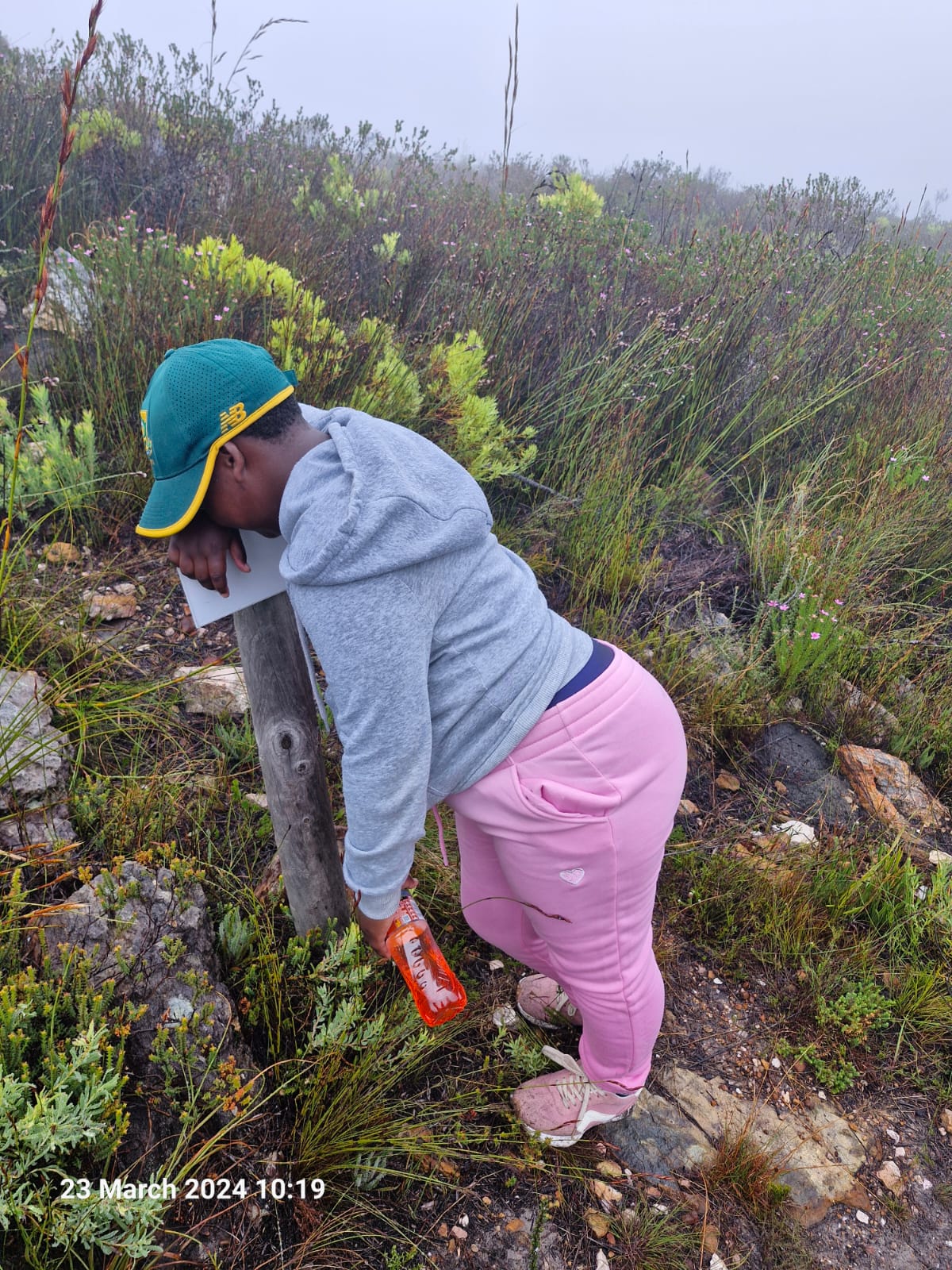
Lelethu Msweli one of the DEEP learners pushing through the difficulty
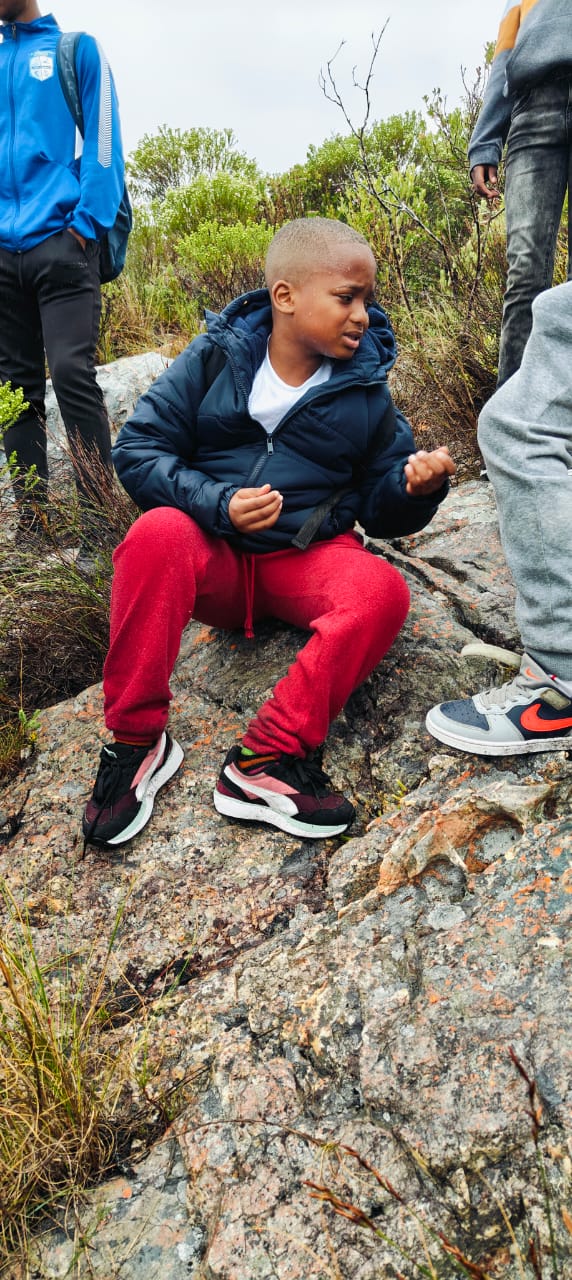
Even the younger ones were determined to to get to the Cape Vulture colony
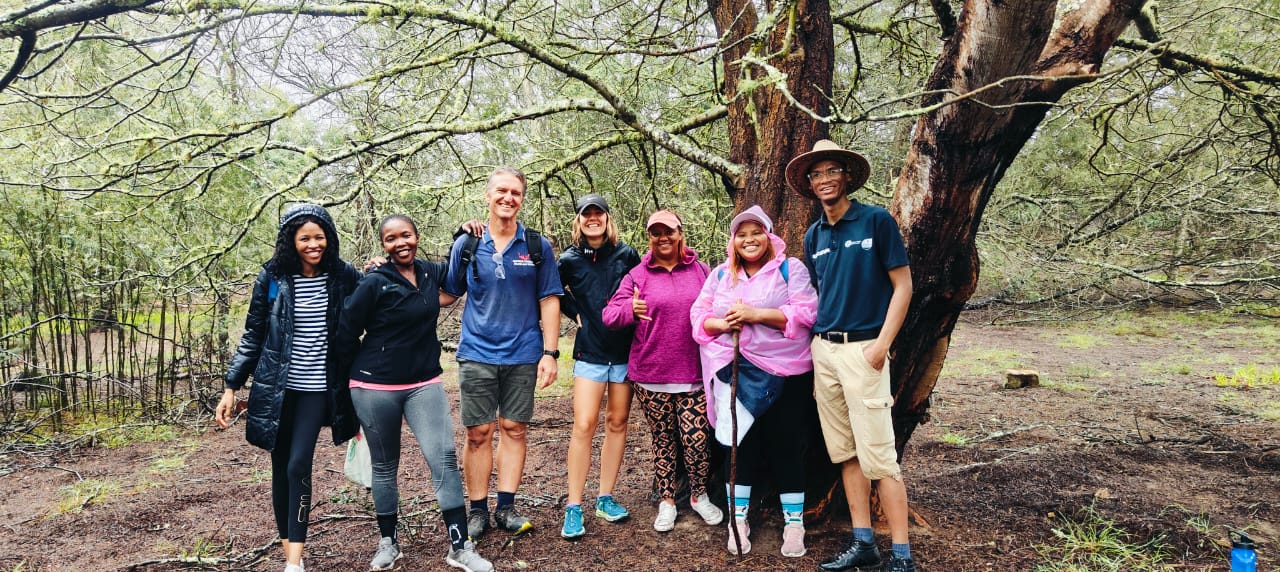
Team leaders – job well-done from left Eyethu Makeke (Gansbaai Academia), Phunyuzwa Xhegwana (CapeNature), Leon Kriel (Marine Dynamics), Claudia Randall (Marine Dynamics), Maureen Abrahams (Volunteer), Pinkey Ngewu (DICT) and Leon Myburgh (WCED)
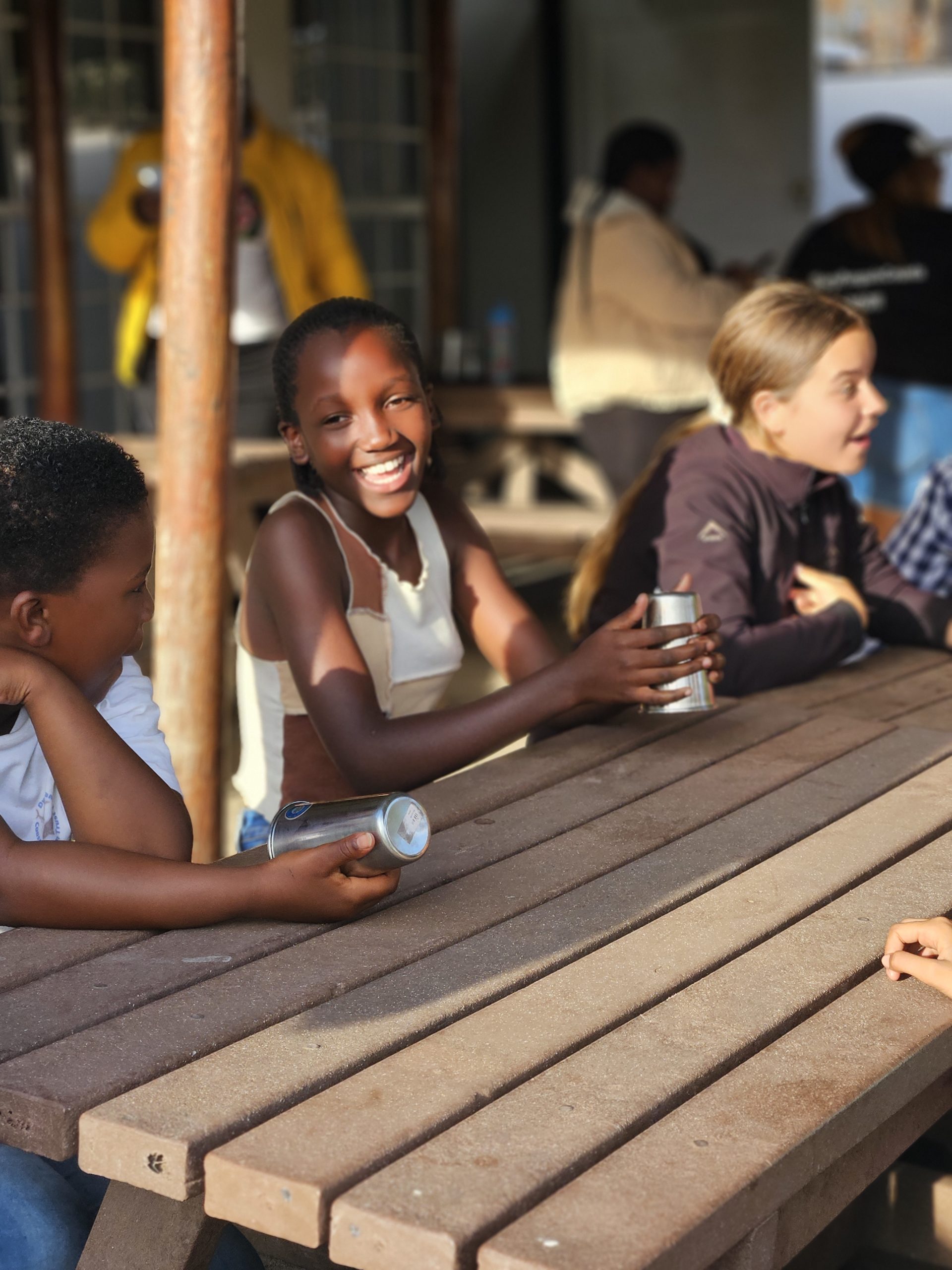
Cup game
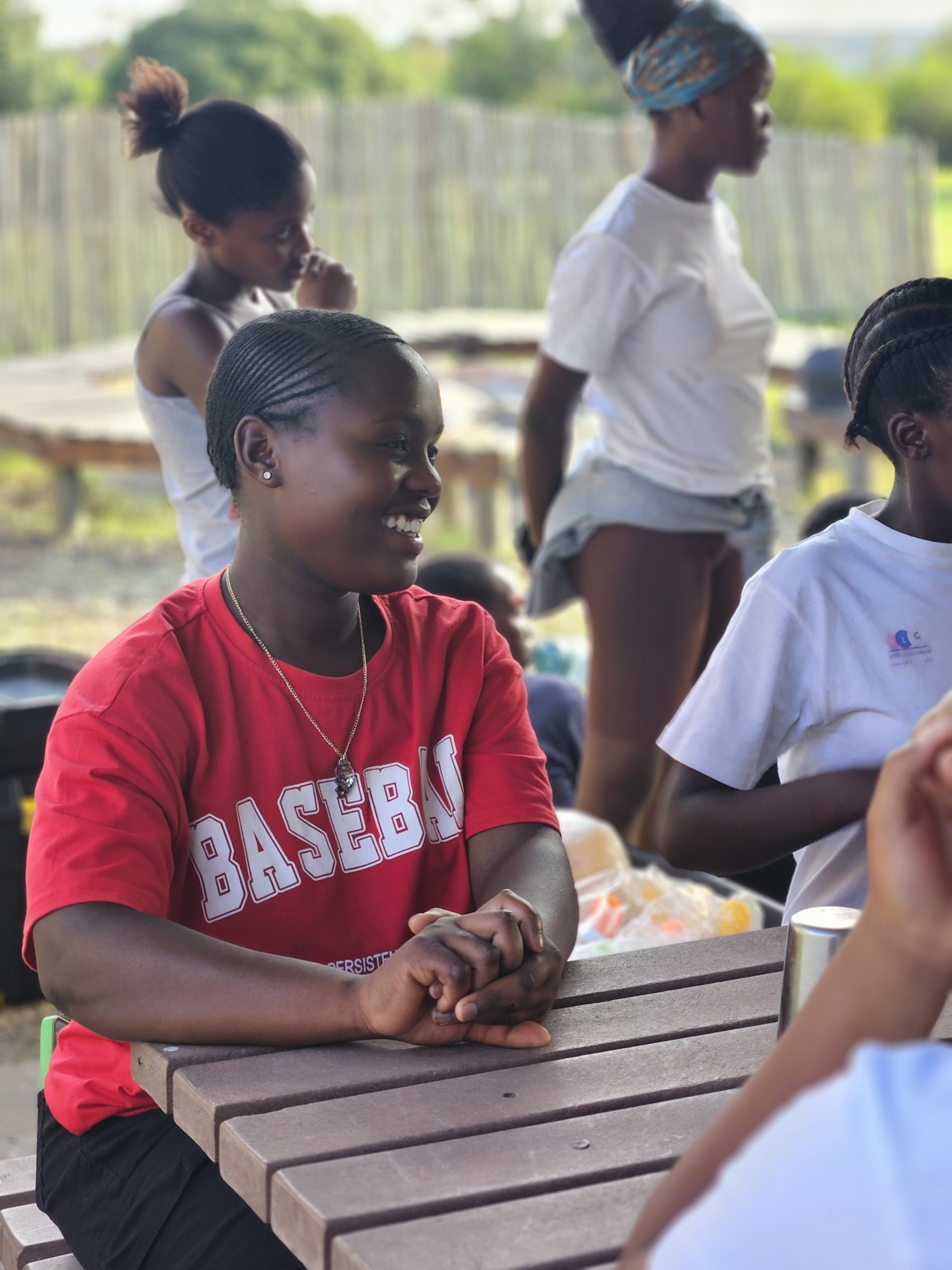
Game time
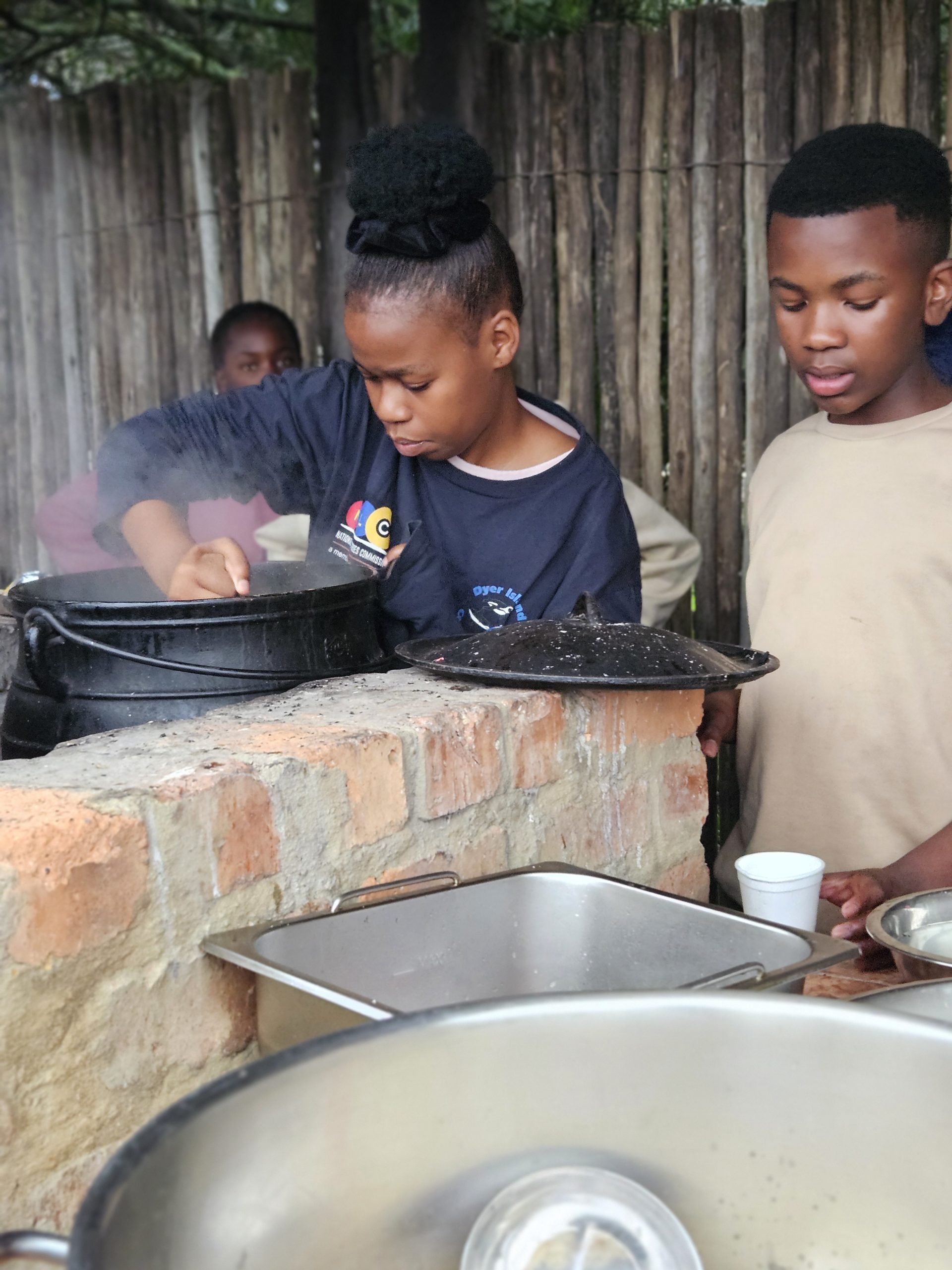
Dinner has to be prepared – poitjikos competition
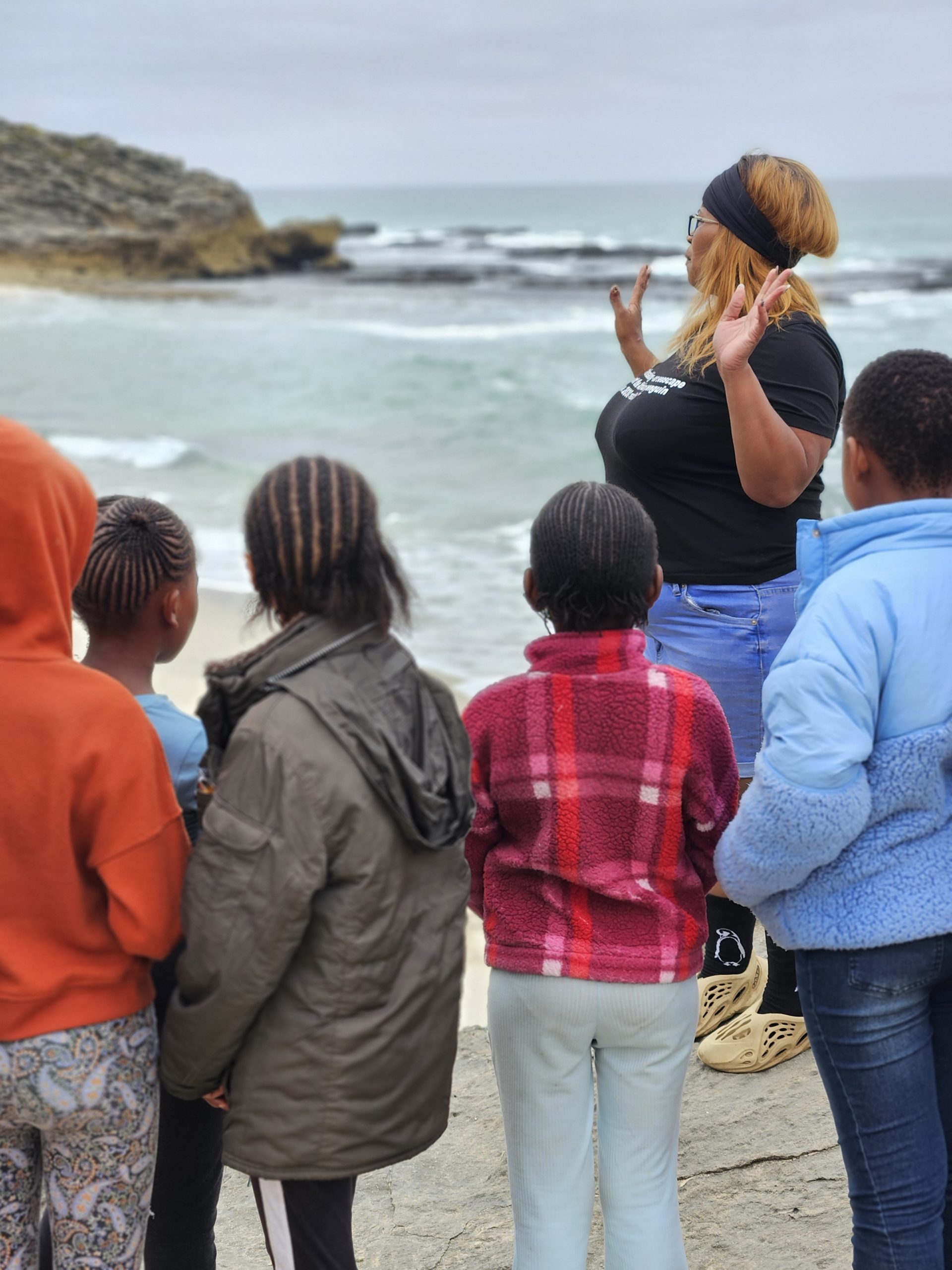
Marine education at Koppie Alleen beach
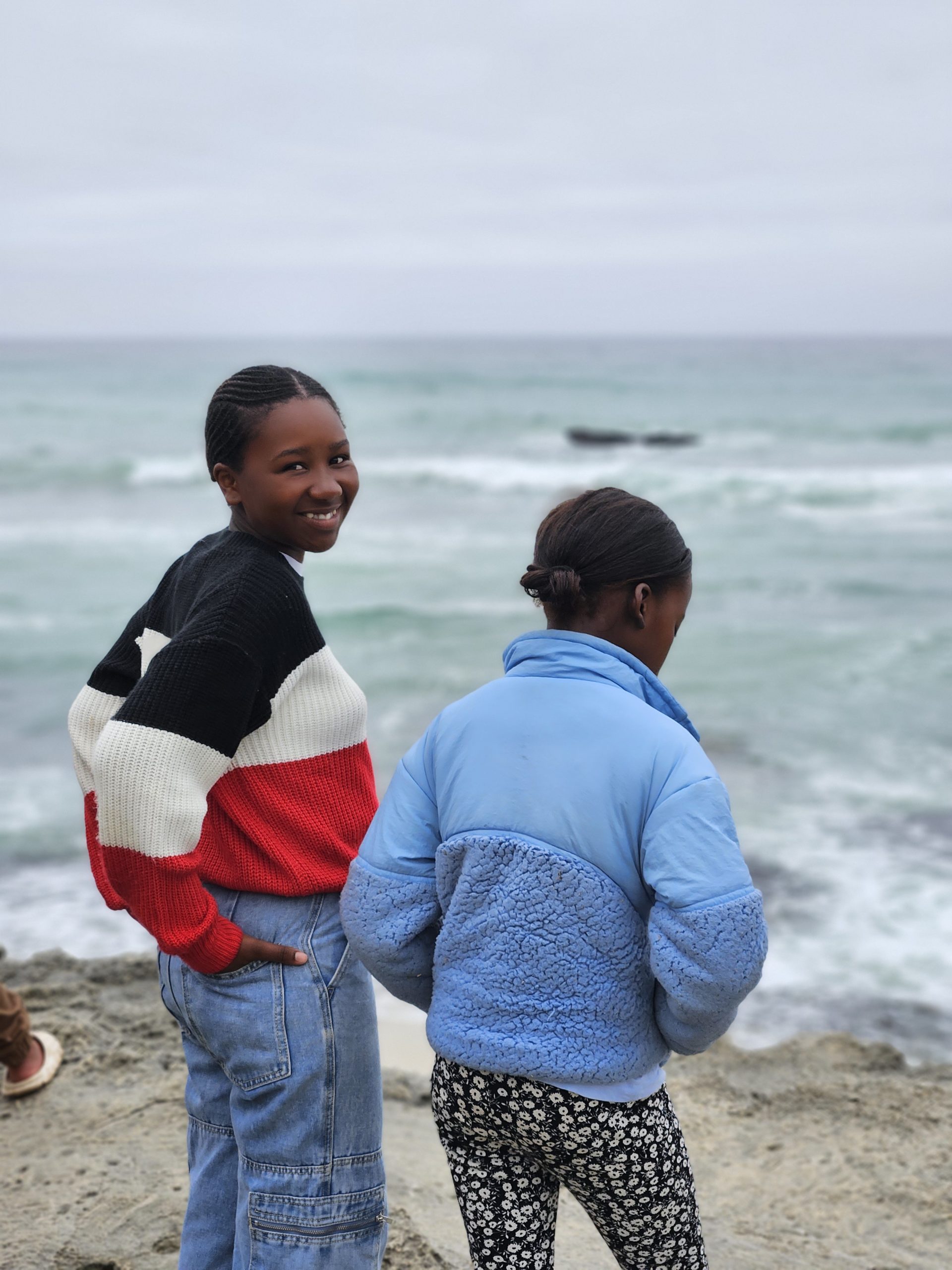
Last stop at one of the Marine Protected Areas (MPA’s)

